How Onport Brought Dora Maar's Marketplace Vision To Life
Client Introduction
Dora Maar, a B2B2C luxury fashion marketplace, has carved a distinctive niche in the realm of online retail, championing a unique concept that revolves around empowering content creators, or "Muses," to share and sell their curated style directly to their audience. Spearheaded by co-founder Lauren Wilson, Dora Maar places these Muses at the heart of its shopping experience, offering a personalized and authentic approach to luxury fashion.
Representatives - Lauren Wilson & El McMillan
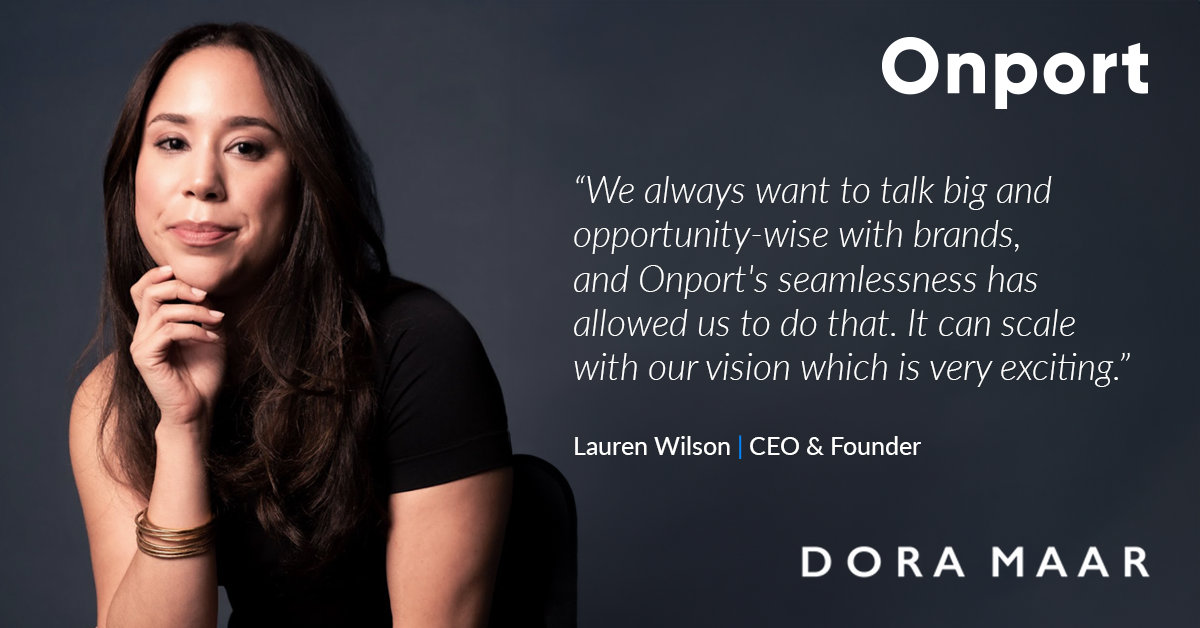
Q1 - Can you tell us how the concept of Dora Maar came about and what is the core idea behind the brand?
LW - "Dora Maar is a B2B2C luxury fashion marketplace, and we enable content creators to share and sell their style to their audience. We're all about these creators, which we call Muses, being at the center of the Dora Maar shopping experience. So these are fashion collectors, tastemakers, and influencers, and they curate their own digital storefront on the Dora Maar platform for luxury customers to have a very personalized and authentic shopping experience by shopping from the style that people love."
Q2 - Why did you adopt the marketplace model for your business?
LW: "So we really launched the idea of Dora Maar via the Muse itself. The Muse has always been Dora Maar's starting point. We first started mainly as resale, so taking luxury items from their own closet. Then, as we were building the platform, we noticed this big white space and big market size to really create a bigger opportunity with these Muses, being that they offer this amazing curation as a service.
We saw this as a way to help the greater fashion ecosystem by creating a marketplace in which these Muses were able to augment and grow and scale their own storefront because people just really love their point of view. The past 18 months have really grown what was just a platform into a marketplace."
Q3 - Who is your target audience?
LW: "So it's mainly women right now and definitely in that Millennial or late Gen Z age range. Obviously, it still is a luxury price point. Our target audience is definitely a woman who is working and loves art, culture, fashion, and storytelling. It's someone who loves the context of fashion and constantly knows what's new and exciting."
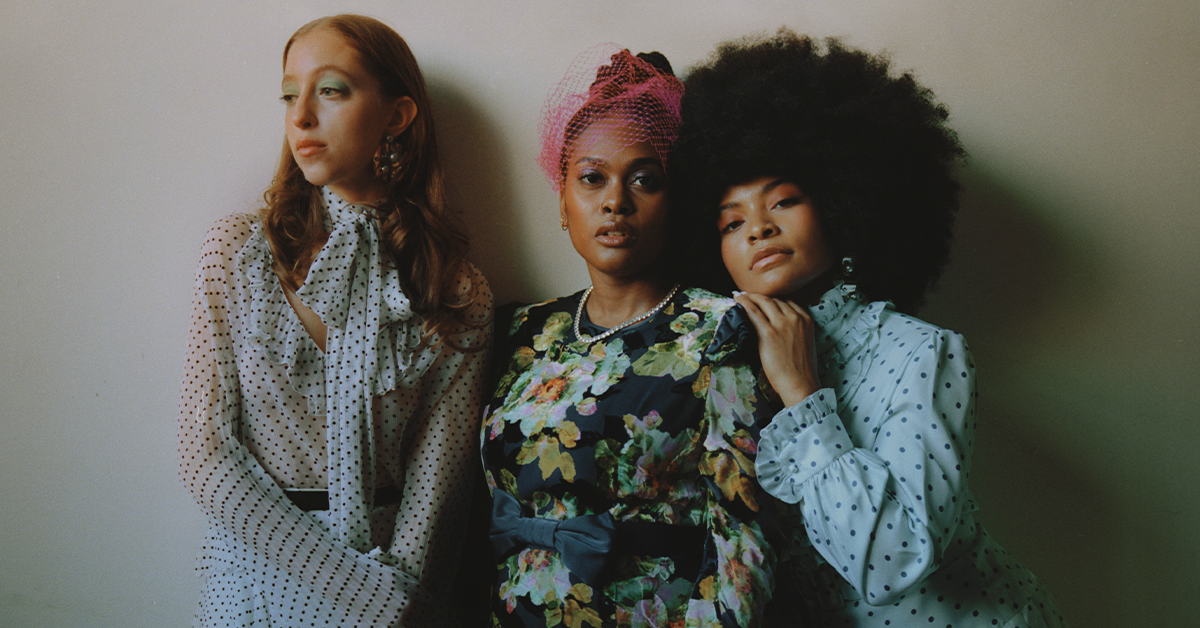
Q4 - Where and how did you first come across Onport?
LW: "I previously worked at Moda Operandi, which is a luxury fashion platform here in the US, and I worked with their former product manager, who also had connections to Cariuma. She introduced me to Felipe Araújo because he’s involved with the startup space, specifically fashion, and he works with some brands we were interested in partnering with.
Previously, we were a manual marketplace. When we wanted to focus on some bigger brands, Felipe mentioned Onport as a great solution to help automate the inventory portion of things."
Q5: What technical requirements were you looking for when you decided to go for Onport?
EM: "We already used Shopify, which is standard ecommerce but we really saw Onport as a way to make us different and to create a marketplace. I think it was super easy to integrate to Onport just because of how it's already connected to Shopify.
We saw that as super important as we needed a quick and easy integration, so we don't have a huge tech team. It's not always a smart internal investment to start building tech from scratch, especially when other people are experts in the space."
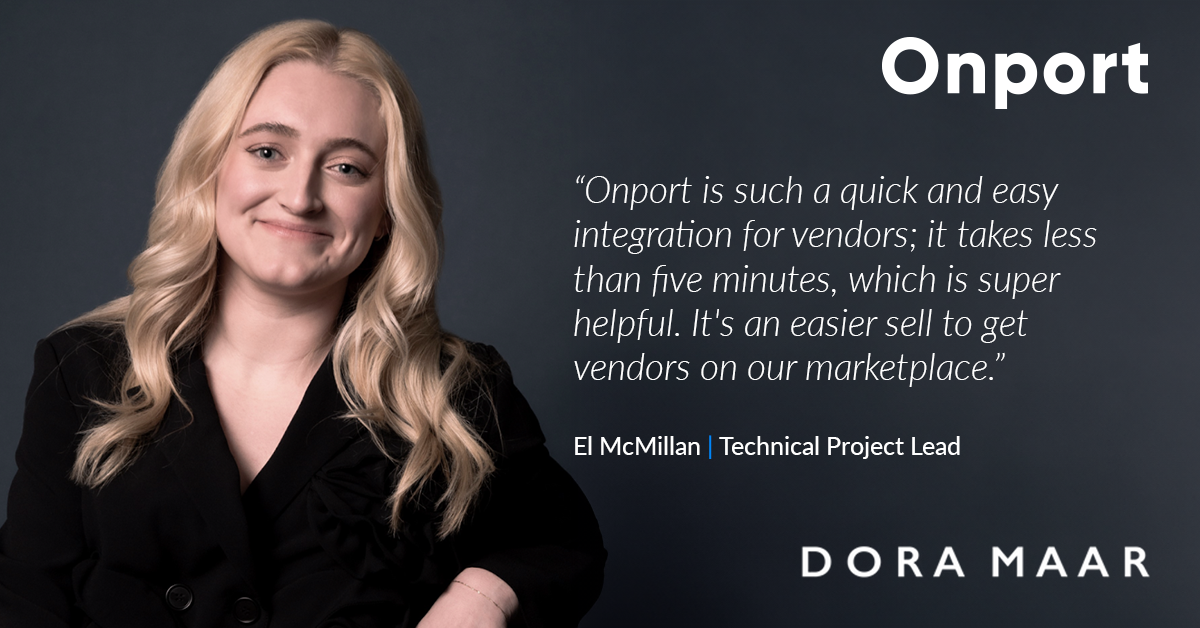
LW: "As a CEO, you realize that you can't do everything at once. So, you need to think about what already exists that you can plug into and what you can build that doesn't already exist. We have a bit of a combination of everything, and Onport was a really easy plugin on the vendor marketplace side of things when we decided to go down that route last year."
Q6 - What role does Onport play in terms of integrating with your vendors?
LW: "Onport connects directly with our brand partners, and then we built a “Muse Marketplace”, as we call it, from scratch called “Henri.” That's where the muses work off of, and that basically filters at that product that we've connected with via Onport to the muses to curate what they're loving.
They get personalized recommendations every time there's a new product of things that historically they’ve either sold before or if it's their style. And they can curate those items into their front-facing Dora Maar platform for people to shop."

EM: "I think for vendors, too, it's very helpful to have pre-built integrations for platforms such as Shopify, etc. It's such a quick and easy integration for vendors. Our merchandising manager actually integrates our vendors, and it takes less than five minutes, which is super helpful. It's an easier sell to get vendors on our marketplace.
The self-service portal is also a great aspect to it, as it takes work off of our team, and they can get their labels, payments, etc; everything is just there for them."
LW: "Still, I think it's because it only takes 5 minutes, so for us, we're able to pitch brands on the bigger idea of Dora Maar and how it can augment their brand instead of getting caught up in things like logistics. So I think the fact that it is so seamless on most platforms has been a huge game changer for us and for the brands that integrate with us."
Q7 - How do your vendors or muses react when they realize the speed of integration?
LW: "So Onport is definitely more geared towards back-end operations between Dora Maar and our brand partners, and I think the brand partners are always pleasantly surprised. So, with brands, do you want to focus on discussing the fantastic opportunities to work with Dora Maar, not the tedious how-tos or what could go wrong? Because then no one wants to work with you.
That is a big thing because we're really trying to grow Dora Maar and scale via these brand partnerships. We always want to talk big and opportunity-wise, and Onport's seamlessness has allowed us to do that."
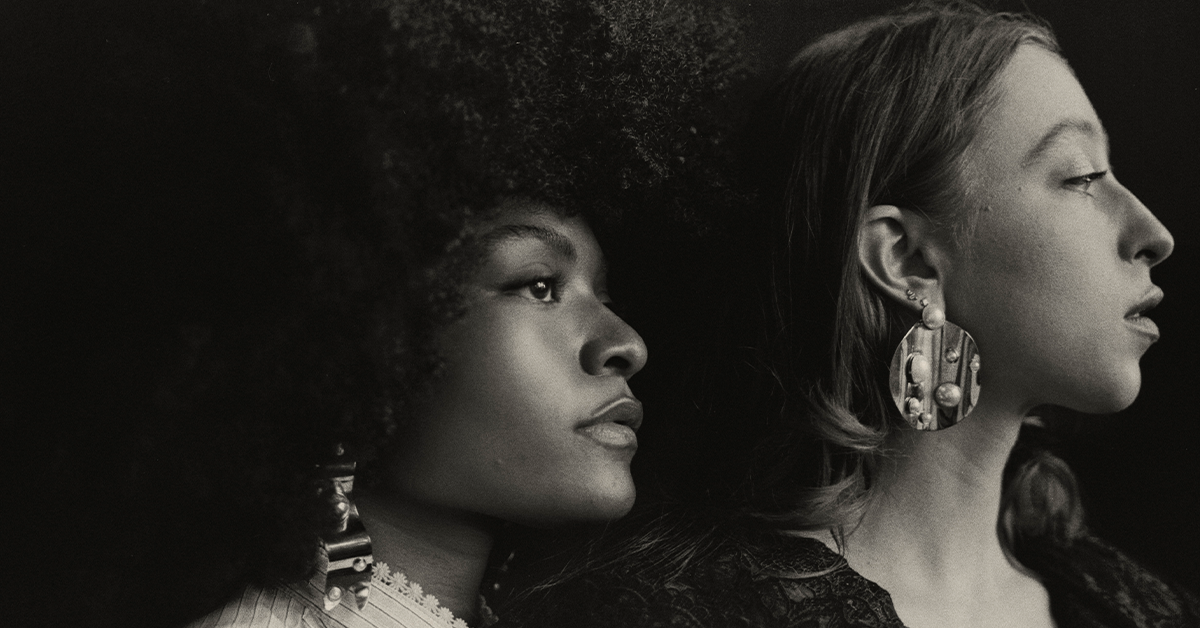
EM: "From the muse's perspective, it's essentially an inventory tracker for their pre-owned personal items, but they don't really know about Onport itself. I think they get more involved within the platform because they can see that we can add to the product catalog constantly, so that gets them excited, share more, and start turning all of the wheels of our business."
Q8 - Which aspect of working with Onport brings the most value to your business?
LW: "I think it's definitely the pre-built API connections; that's a big one because we know we're a small team. Obviously, with the more vendors we bring on, there's no way we can manually track what’s sold where, mark that out, and take it out of the closet or send it so real-time updates are really important to scale. I think it's all about being able for the team to focus on bigger growth strategies for our company instead of the minutia of it all."
EM: "Whenever we had questions, having a Slack channel with Onport was super helpful. And just being able to see the back part of the tech and the responses I was sending to Shopify were very helpful for us as well."
Q9 - Going forward, how do you see the growth of Dora Maar? How do you see Onport helping to facilitate that growth?
LW: "Category expansion is something that's definitely on our mind within the luxury premium space. Because of Onport, we've been able to kind of delve slightly into some home decor brands and definitely want to build it our home vertical; there's a great opportunity for other things such as beauty, art, etc. How Onport plugs in with the fashion brand versus the beauty brand doesn't make a difference with the product, as it's the same type of workflow.
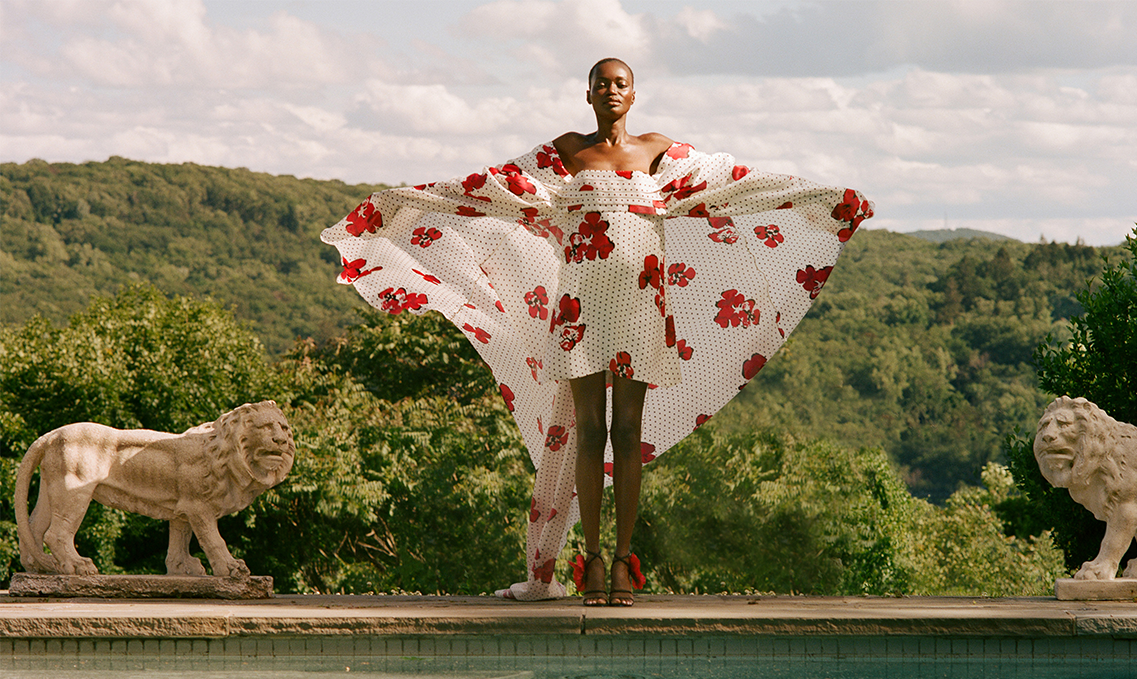
That category expansion allows the muse’s closets to be bigger than their actual closet, right? It's their own department store, or as I describe it, that every Muse will be their own Gwyneth Paltrow goop page on Dora Maar. Onport can scale with that vision. That’s something we find very exciting.
As we are a New York-based company, most of our customers right now are based in the States. We definitely want to explore regional expansion as as we grow our operational team. Dora Maar is definitely a global-minded brand."
